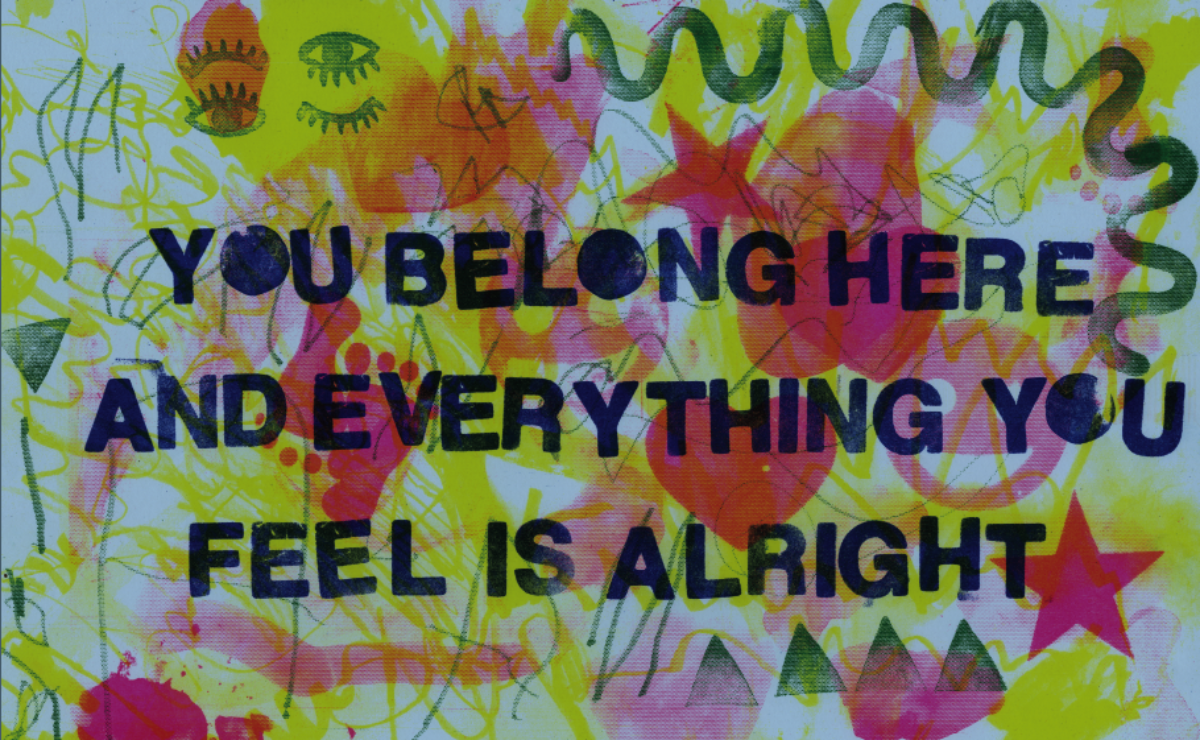Contents
OVERVIEW
Welcome to Week 4 of Introduction to Gender and Women’s Studies!
As I mentioned in class yesterday, we are a little behind on the syllabus but we will be catching up this week! Please make sure you have read the materials from Module 3 (and posted on DB#3) so that we can have a good discussion in class next Tuesday.
The new readings in Module #4 will bump us up in time to the late 1960s/early 1970s– a huge leap in time from where we were last week! These materials will help us to get a sense of the major issues that faced the “second wave” of feminism in in the United States, which emerges through/from/after the Civil Rights movement.
The text for this week include several feminist manifestos, or documents that offer a critical analysis of gender and other inequities as well as a vision for what can and should be different, as well as an newspaper editorial and an interview. As you read, consider the themes or similarities across the texts– what issues are being taken up by these authors? What are their concerns? What do you notice about their critiques of gender inequity? Also pay attention to the form of the text– how is it written, for whom, what is effective (or not)?
READINGS AND OTHER MATERIALS
“Redstockings Manifesto”(1969): Redstockings was a radical feminist group that was founded in New York City in 1969. Read their manifesto and learn more about what they believe, what they want, and how they will work towards their vision:
Mainardi, “The Politics of Housework”(1970) : Pat Mainardi was a member of Redstockings. What is she doing in this short essay? What is she saying about housework? Who is she in dialogue with?
Brady, “I Want a Wife” (1972): In this short essay, what does feminist Judy Brady mean when she says she wants a “wife?” What does she think it means to be a “wife?”
Steinem, “Women’s Liberation Aims to Free Men Too” (1970): This newspaper editorial by feminist writer Gloria Steinem makes an argument about why women’s liberation is necessary. What does Steinem say to make her argument? What do you think about her evidence? What is persuasive or not?
Feinberg, interview w/Sylvia Rivera, “I’m Glad I was in the Stonewall Riot” Learn more about Sylvia Rivera here and Leslie Feinberg here. As you read this interview, consider: what does Rivera say about her experience in the Stonewall Riot (which took place in 1969)? What are the issues that are of concern to her and why?
POST ON DISCUSSION BOARD #4 (DUE 3/1)
Instructions/How to post here
For this week’s discussion board post, please respond to the following prompt:
Share your reflections about the texts from this week. What themes do you see across the different texts for this week? Based on these readings, what do you see as the primary issues that concern feminists in the late 1960s and early 1970s? Where in the texts do you see different priorities or concerns come up — and, what do you notice about these differences?
Please title your post: First Name Last Name: DB 4 and select “DB 4” as the category for your post.
Make up POSTs ON DISCUSSION BOARD (DUE 3/1)
As I mentioned in class today: usually, late discussion board posts will only receive half-credit (1 point). But, because we are at the start of the semester and it takes a little time to get used to the rhythm of things, you can make up any posts you have missed (Discussion Boards 1, 2, 3) before Monday 3/1 11:59 PM and receive full credit for them.
ESSAY #1
Instructions: For this first essay, please expand on your in-class writing, discussion board posts, and class discussion by responding to the following questions. Your essay should be about 500 words (2 pages double-spaced, in 12 point font). You can turn your essay in on Blackboard.
PROMPT: Following the model of the story by Ijeoma A., write about a lesson(s) you learned about gender expectations– it does not need to be a story about something that you yourself experienced but can be something that you witnessed or observed. If you write about something from your own experience, please be attentive to your own needs as you write and only write about something that you feel comfortable to think about and analyze in this assignment.
Describe the lesson: what did you learn? Where was the lesson taught and by whom? What was shared about the expectations and the consequences for not following the norm? What are your thoughts and reflections about these expectations and their impact?
What is the origin of these gendered expectations? What do they have to do with patriarchy, if anything? How does oppression play a role and if so, what kind?
See you next Tuesday!
[Marsha P. Johnson + Sylvia Rivera below]

